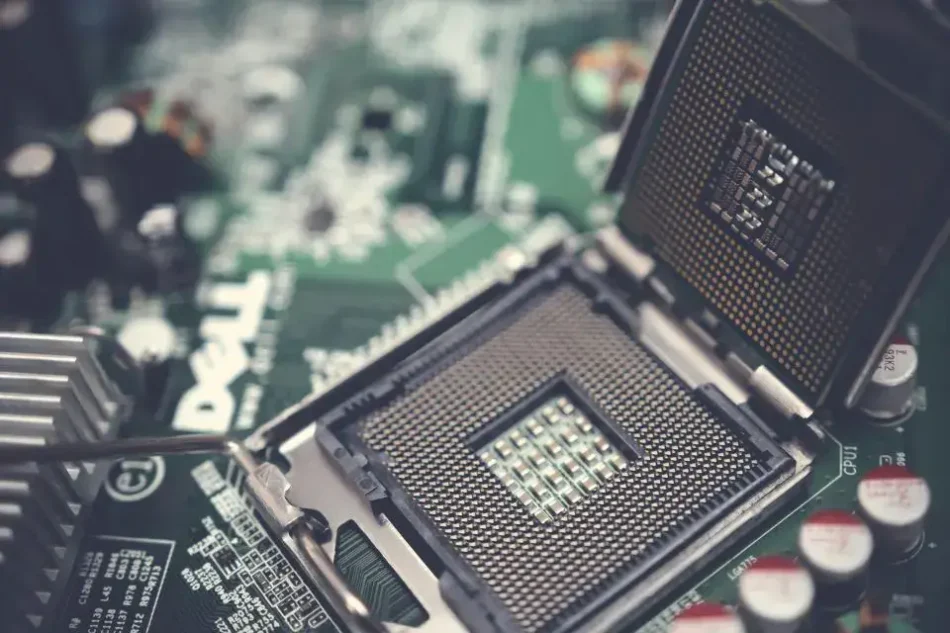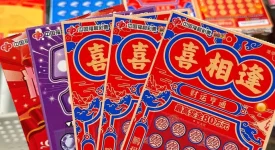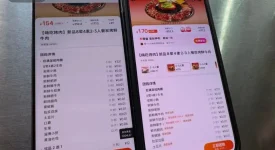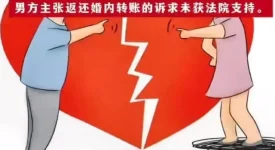In 2018, Nexperia, a Dutch semiconductor company and former subsidiary of NXP, was sold to a Chinese consortium led by Wingtech for $3.6 billion and backed by state funding. The deal raised national security concerns due to Nexperia’s advanced chip technology and its potential military applications.
By 2022–2023, tensions escalated as the Netherlands, under US pressure, introduced new export controls on advanced chipmaking equipment (notably ASML’s deep ultraviolet lithography machines), further limiting China’s access to cutting-edge semiconductor technology.
The fiasco highlights the geopolitical struggle over semiconductor supremacy, with the Netherlands caught between protecting its tech sector and maintaining strategic partnerships.
In January 2023, Dutch public broadcaster “Nederlandse Omroep Stichting” reported that Nexperia chips ended up in Russian military kit despite international sanctions during the Russian invasion of Ukraine.
In March 2024, Nexperia’s servers were affected by a ransomware attack in which intellectual property was stolen.
In 2025, the Nexperia fiasco took a significant turn as the Dutch government, under continued pressure from the United States, further tightened export controls on semiconductor technology to China. This move was part of a broader US-led campaign to restrict China’s access to advanced chipmaking equipment and know-how, particularly targeting companies like ASML, the Dutch firm that produces critical lithography machines used in semiconductor manufacturing.
In January 2025, the Netherlands announced new licensing requirements for exporting certain semiconductor equipment to China, effectively blocking the sale of ASML’s most advanced deep ultraviolet (DUV) lithography machines without explicit government approval. This decision was a direct response to US concerns about China’s military modernization and its reliance on foreign semiconductor technology. The restrictions were seen as a major setback for China’s ambitions to achieve self-sufficiency in chip production, particularly for advanced nodes.
By mid-2025, China retaliated by accelerating its domestic semiconductor industry and imposing trade restrictions on rare earth minerals critical to Dutch and European tech industries. The escalation deepened the tech war between the West and China, with the Netherlands caught in the middle. The Nexperia case, once a standalone issue, had now become a symbol of the broader geopolitical struggle over semiconductor dominance, as both sides dug in on protecting their technological and economic interests.
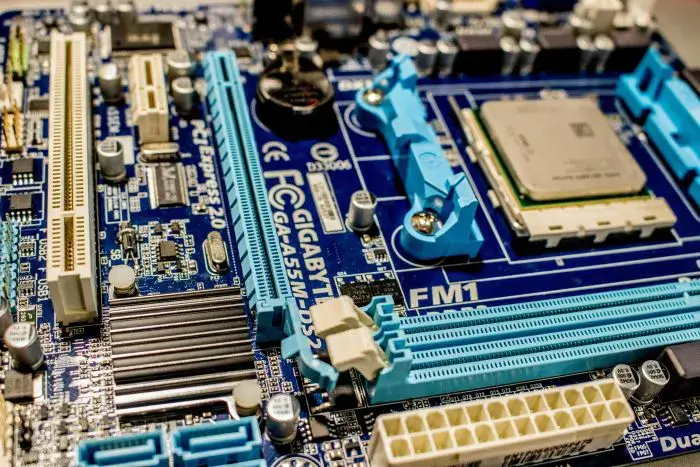
In October 2025, the Dutch government seized temporary control of Nexperia under the Goods Availability Act, citing risks to European semiconductor supply and economic security. The move followed concerns that Nexperia’s Chinese parent, Wingtech, was relocating critical technology and staff from Europe to China, potentially “gutting” the company’s European operations. The Dutch government suspended Nexperia’s CEO and blocked decisions that could harm European interests.
China retaliated on October 4, 2025, imposing export controls on Nexperia’s Chinese factories, barring them from shipping components to Europe. This disrupted global supply chains, especially for automotive and electronics industries, and deepened the Netherlands-China chip war.
After the US-China trade truce last week, the White House announced that Nexperia’s China-based facilities will resume shipments of semiconductor components, easing the global supply crisis that had threatened auto production. This move follows an agreement between US President Donald Trump and Chinese leader Xi Jinping to de-escalate tensions over Nexperia, which had been caught in the crossfire of the broader tech war.
China’s Commerce Ministry confirmed it would allow exemptions for Nexperia’s chip exports, but also blamed the Netherlands for causing “chaos” in the semiconductor supply chain. The Dutch government, which had seized control of Nexperia in September, welcomed the resumption of shipments but maintained its oversight of the company. Automakers, including Stellantis and Honda, had warned of imminent production halts due to the chip shortage, but the truce has temporarily averted that risk.
Commenters online argue over who is to blame on this issue, and whether the Netherlands should be embarrassed for being a puppet to the USA.
“Netherlands wanted to punish China, but they ended up punishing EC automotive industry. The United States benefited greatly. It’s a global world.”
“They should make peace, and reverse the decision, it was stupid in the first place.”
“Trump has opened our eyes to how truly pathetic our politicians are. Don’t think this is new. We were vassals under previous administration as well. Only difference is that it’s out in the open now.”
“A price to pay and to be used as pawn, much alike Canada in Huawei fiasco.”
“China should move all its EU representatives to Washington for better diplomatic efficiency.”
“For half a century the interest of Western European nations and the US aligned well over fighting the threat of Soviet Russian. But now times have changed. The Russian is more of a regional threat over the European than an ideological competitor with the US. And the US’s industrial effort to contain Chinese manufacturing dominance doesn’t seem to benefit the Europeans. On top of that, global trade network today means everybody is connected to both China and US. So doing the American’s bidding means being punished by the upset Chinese. So all the US’s client nations will be caught between a rock and a hard place.”
“The optics look really bad for the Dutch. It seems they have no sovereignty over their own business. Didn’t the Dutch minister say the seizure had nothing to do with the US?”
“Embarrassing for the EU.”
The situation remains fragile, with ongoing negotiations between the Netherlands, China, and the US.

